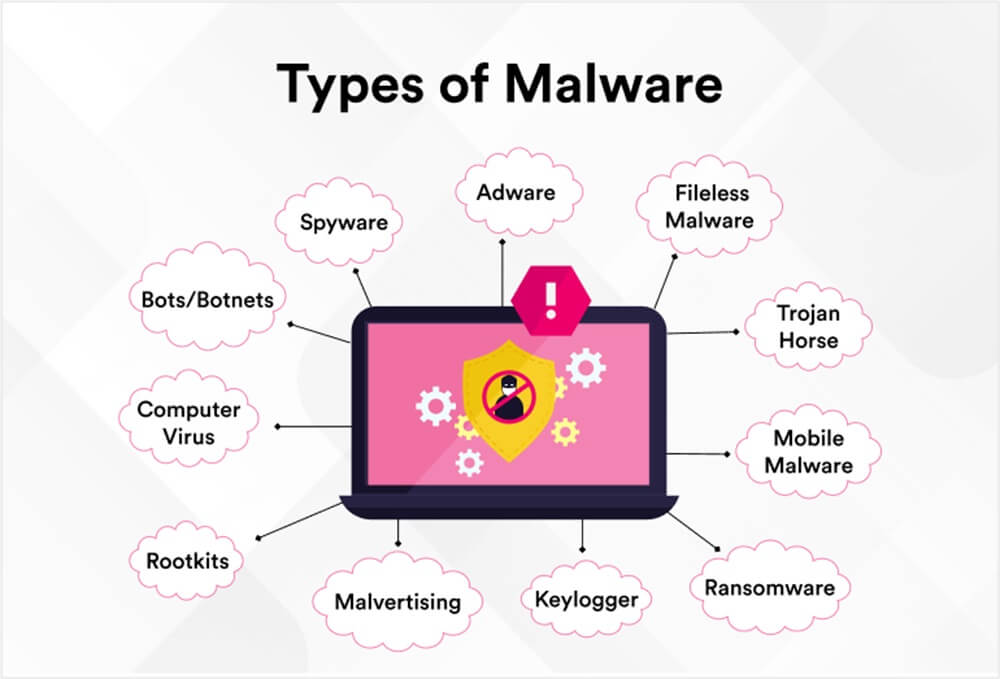Just because Google has banned illicit means to make your website rank on the first page of the search results doesn’t mean that every cybercriminal has stopped their nefarious actions. Malicious actors online use various tactics to deceive users and compromise their data. Even the best SEO company should be aware of the two prominent methods used by cybercriminals to misdirect users, viz. SEO poisoning and malvertising. While both share the common goal of luring unsuspecting users to harmful content, they differ in their approach and execution.
In today’s post, we’ll see what SEO poisoning and malvertising are, how they impact organisations and how to counter the threat they pose.
SEO poisoning manipulates search engine algorithms to rank malicious websites higher in search results. It is a technique employed by bad actors to sabotage brands utilising SEO services in India to grow their digital presence.
This is often achieved through techniques like keyword stuffing, black hat SEO, typosquatting or creating duplicate websites. The aim is to appear as a legitimate result for popular searches, leading users to unknowingly visit a website containing malware, phishing links, or other threats.
Malvertising works by exploiting legitimate advertising platforms to deliver malicious content. Hackers can compromise ad networks, create fake ads disguised as trusted sources, or redirect users from legitimate websites to harmful ones. This allows them to spread malware, steal sensitive information, or disrupt website operations under the guise of harmless advertising.

Both SEO poisoning and malvertising can have a significant negative impact on organisations, causing damage to their reputation, finances, and operations. Experts at RepIndia, which is a leading digital marketing company in India, have shortlisted the following implications of SEO poisoning and malvertising that can negatively impact your website and brand reputation. Here’s a detailed breakdown of their potential consequences:
Additionally, both SEO poisoning and malvertising can increase IT security costs, negatively impact employee productivity, and impede legal compliance.
Knowing is winning half the battle. Let’s see the primary ways that you can prevent your brand and website from falling prey to SEO poisoning and malvertising efforts from the bad actors present in the online marketing space. Additionally, top SEO and PPC experts from the team at RepIndia, the most trusted SEO company in Bangalore, have also prepped some steps to follow if your organisation is affected.
To safeguard your organisation against the threats of SEO poisoning and malvertising, it is crucial to implement a comprehensive prevention strategy.
Keep all software updated to patch vulnerabilities that could be exploited by attackers, and conduct regular security audits to identify and address potential weaknesses in your IT infrastructure.
Finding SEO poisoning is hard, but companies can be better prepared by using Digital Risk Monitoring tools to catch typosquatting. When a new fake URL pops up, these tools tell security teams who made it.
Another way to find bad website links is by using lists of Indicators of Compromise (IOC). These lists have URLs that show evidence of weird website behavior, odd search rankings, phishing tries, unexpected changes in website visitors, and strange content. These lists can help spot or stop threats ahead of time.
Endpoint Detection and Response (EDR) tools are good for quickly spotting issues by keeping an eye on user and client history. With an experienced SEO company in India having a better idea of how these tools work, EDR can help stop these threats before they grow to a level at which they cannot be handled. These tools look at all user activities during a security breach to figure out how a bad file got into the system. By checking these details, security teams can find and stop SEO poisoning attacks.
Beyond just keeping an eye on things, organisations can take proactive measures to thwart SEO poisoning attacks.
Educating users about safe browsing, recognising phishing attempts, and employing effective endpoint security measures plays a crucial role in preventing SEO poisoning. By providing this training, organisations reduce the likelihood of their staff falling victim to such attacks.
Establishing a robust internal security stance and blocking sites known for malicious activities can effectively prevent SEO poisoning. Regularly updating security software and enforcing stringent web filtering procedures help minimise the risk of employees accessing harmful websites.
Every accomplished digital marketing company advises consistently reporting abnormal SEO results to the security team, enabling swift identification and response to potential SEO manipulation attempts. This proactive reporting approach ensures that the company can actively protect its search engine rankings and online reputation.
Ensuring the security of websites and preventing SEO poisoning attacks requires a strong collaboration between cybersecurity experts and SEO professionals. By putting in place comprehensive security measures, regularly auditing systems, monitoring for any suspicious activities, and staying abreast of emerging threats, these professionals can effectively shield websites from malicious manipulation.
Strengthening the defence against SEO poisoning involves educating website owners and clients about the significance of security and encouraging the adoption of best practices. Through a proactive and collaborative strategy, preferably with an accomplished SEO company in India like RepIndia, cybersecurity and SEO experts can not only uphold the integrity of websites but also optimise their online presence with efficiency.
Also Read: How Does ORM and SEO Boost a Brand’s Conversion Rate?
Write a Message